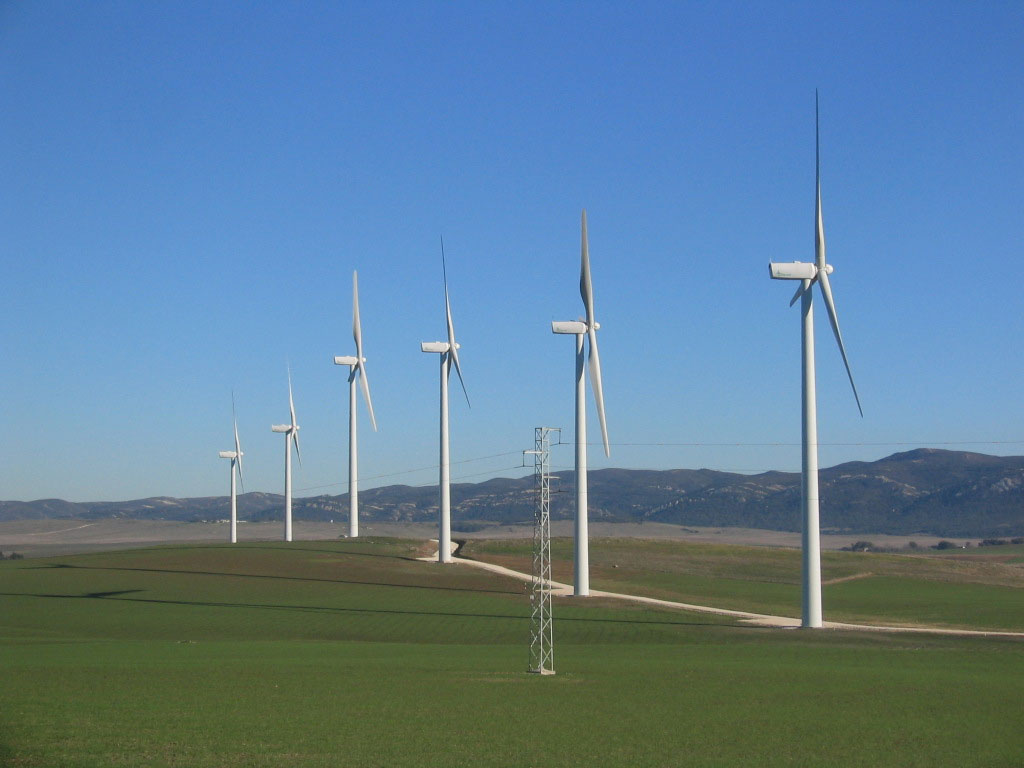Modern energy may be universal by 2030
On November 1, the International Energy Agency (IEA) affirmed that modern energy can be widely accessed in 2030 if the world increases by 5 times the current energy investment and development. push reform faster in this area.
>>>Build "Sunglacier" system to create ice in desert conditions
The IEA report emphasizes the lack of energy as an unacceptable situation, thus eliminating this situation is morally imperative. However, this situation cannot be changed if the world does not act strongly on a global scale. The United Nations has declared 2012 the International Year of Sustainable Energy for all.
This is a matter of strengthening political will and an opportunity for countries to agree to strengthen collective action to overcome the current unacceptable situation. The world needs to seek appropriate financial and policy solutions to universalize access to modern energy to fundamentally improve people's lives by improving education, gender equality, environmental sustainability. firm, prevent respiratory diseases that cause premature death, accelerate economic development and prosperity.

According to the IEA, more than 1.3 billion people worldwide (accounting for 20% of the global population) have not used electricity; 2.7 billion people (40% of the global population) do not have access to clean cooking facilities, of which more than 95% of them live in the South Sahara region of Africa and other countries. development in Asia.
An average investment of US $ 48 billion annually is needed to provide modern energy access to billions of poor people by 2030. IEA stated that there is no tension between universal access to modern energy and security. energy security and climate sustainability because universal access to electricity for the poor only increases the amount of carbon dioxide causing greenhouse effect equivalent to 0.7% of New York state's annual CO 2 emissions, but providing electricity for more than 50 times the population of this state population. Five times more current investment for universal access to energy also accounts for only 3% of the current global energy investment.
The IEA report said that of the $ 48 billion needed annually for universal access to modern energy access, $ 18 billion comes from bilateral and multilateral development sources, $ 15 billion from government. developing countries and $ 15 billion come from the private sector. All these funds need to increase accordingly, in which the private sector needs to increase the most.
Governments need to adopt strong regulatory and regulatory frameworks, and invest in strengthening domestic capacity; public sector including bilateral and multilateral institutions need to use tools to attract greater investment from the private sector in trade investment and encourage the development of renewable energy business models.
- Find a way to break the second law of thermodynamics
- Universal energy: Future energy source
- Universal solar energy system $ 21 billion
- Google, Universal will sell DRM zero music
- Create 'universal fingerprint', capable of unlocking the security of current smartphones
- November 25, 1915 - Albert Einstein's research on general relativity is published
- The hypothesis of dark energy is there to stand?
- Discover the 'birthplace' of modern people
- Software helps people to speak 26 languages
- Universal Converter - handy measurement unit converter
- Unexpected energy sources for the future
- The origin of all kinds of renewable energy in the world and the exploitation process
 Is the magnetic North Pole shift dangerous to humanity?
Is the magnetic North Pole shift dangerous to humanity? Washington legalizes the recycling of human bodies into fertilizer
Washington legalizes the recycling of human bodies into fertilizer Lightning stone - the mysterious guest
Lightning stone - the mysterious guest Stunned by the mysterious sunset, strange appearance
Stunned by the mysterious sunset, strange appearance